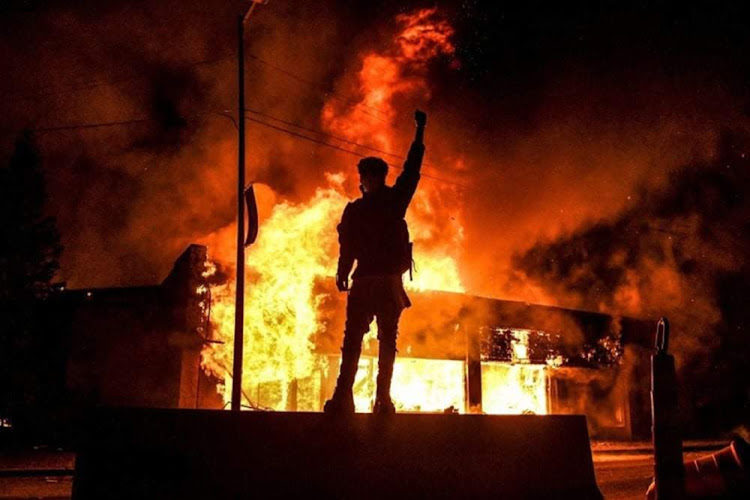Security forces in eSwatini must respect the right to peaceful assembly and protest in anticipation of a scheduled demonstration demanding reforms to the country’s absolute monarchy, said the International Commission of Jurists (ICJ) today.
King Mswati III, facing several weeks of protests demanding reforms of eSwatini’s absolute monarchy, on Wednesday called for a traditional consultation (Sibaya) with the people of eSwatini to be held on Friday 16 July, the same day as the previously planned “Change and Justice” march. The protests were ignited by and have been ongoing since the killing of student, Thabani Nkomonye, in May allegedly by police.
“Many Swazis from all sectors of society have lost faith in the ability of Sibayas to cause meaningful change in governance and will instead be demonstrating,” said Kaajal Ramjathan-Keogh, ICJ’s Africa Director. “The King and the government should instead ensure the Swazi people’s right to a representative, responsive government in Africa’s lone remaining absolute monarchy.”
Political parties and political activism have been banned in eSwatini since 1973. Since that time, the Kingdom has employed repressive laws including sedition and terrorism charges to silence critics. This has seen the arrest and detention of journalists, political activists and human rights defenders who spoke out against the repression. Instead, the King relies on a ‘Sibaya’ which is seen by the Swazi authorities as a people’s parliament but in reality, is a convening by the King where announcements and decrees are communicated to the people.
Representatives of civil society organizations, political parties, and businesses announced their opposition to the Sibaya in a statement on July 14, noting that the King called the Sibaya despite being aware that there was a march planned on the same day.
Security forces in eSwatini have used excessive force to quell ongoing political protests for the last eight weeks. The ICJ has received credible reports of serious human rights violations, including torture, ill-treatment, arbitrary detention.
“The Swazi people have the right to protest, and the Swazi police and army must respect this right,” said Kaajal Ramjathan-Keogh. “All security forces, including police and army, must refrain from any illegitimate or unnecessary use of force in carrying out their law enforcement functions. Police must allow for peaceful marchers to proceed in safety.”
The Southern Africa Development Community (SADC) has deployed a three-person Fact-Finding Mission to eSwatini to analyze the political situation and offer possible solutions.
“The SADC Troika should consult with civil society and political parties and engage directly with a wide range of organizations and individuals to get a genuine sense of the demands of people in eSwatini for their rights, and to suggest an immediate and credible path forward,” said Kaajal Ramjathan-Keogh.
Contact:
Kaajal Ramjathan-Keogh, Director Africa Programme, Kaajal.Keogh@icj.org +27 84 5148039
Tanveer Jeewa, Legal and Communications Officer, Tanveer.Jeewa@icj.org





